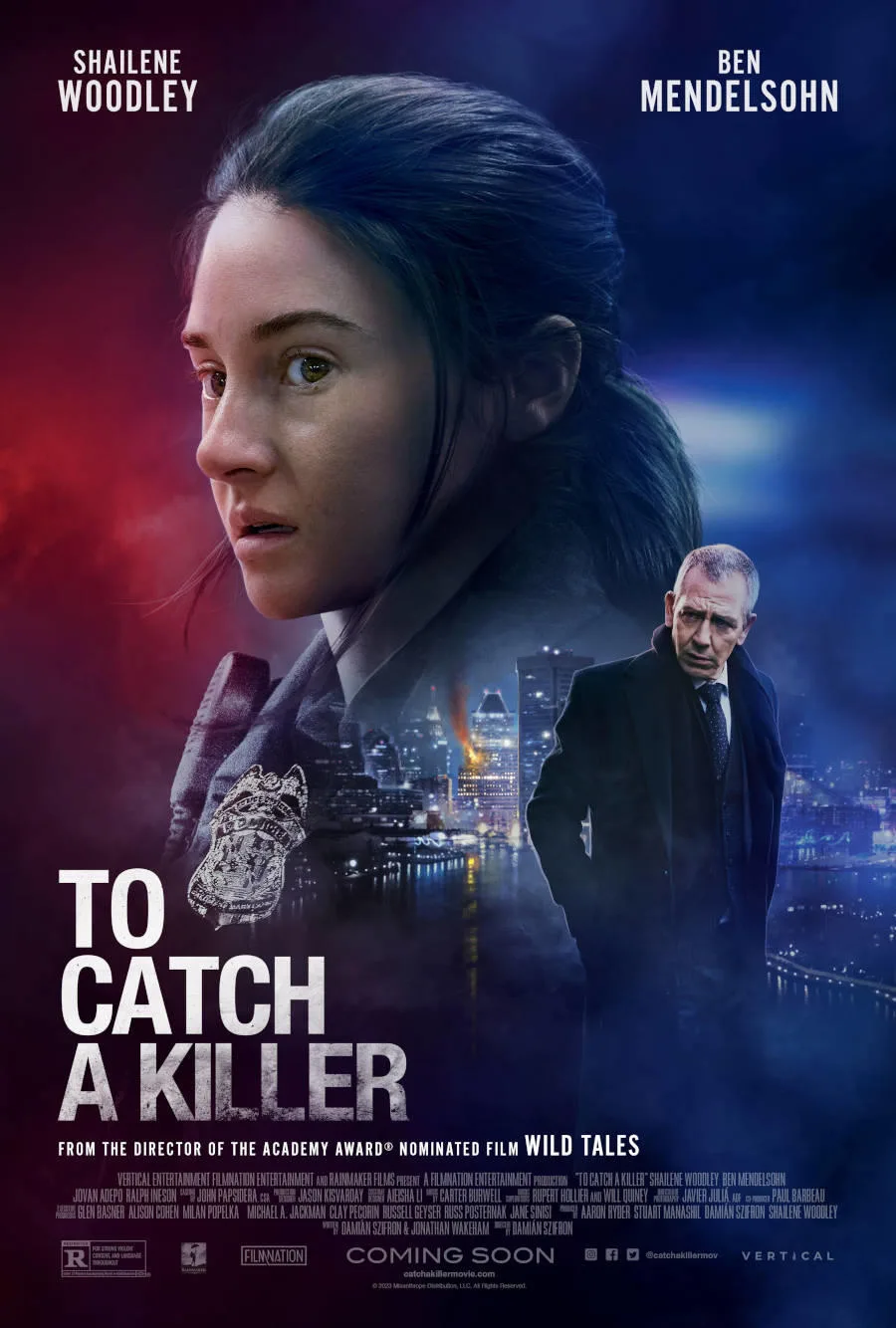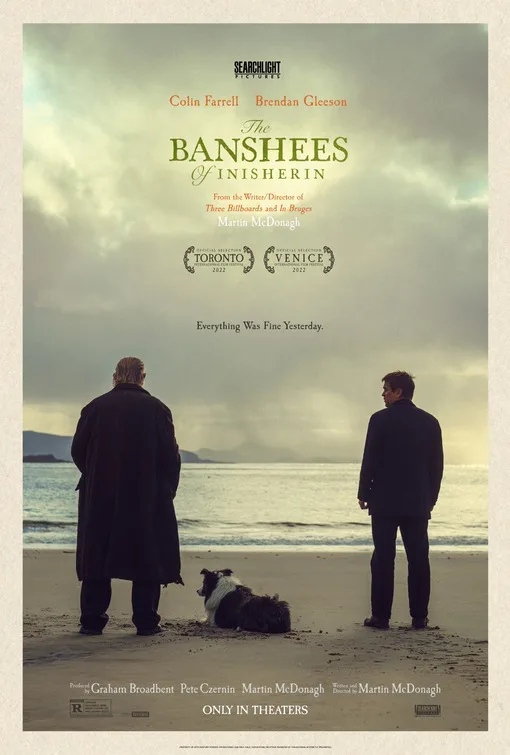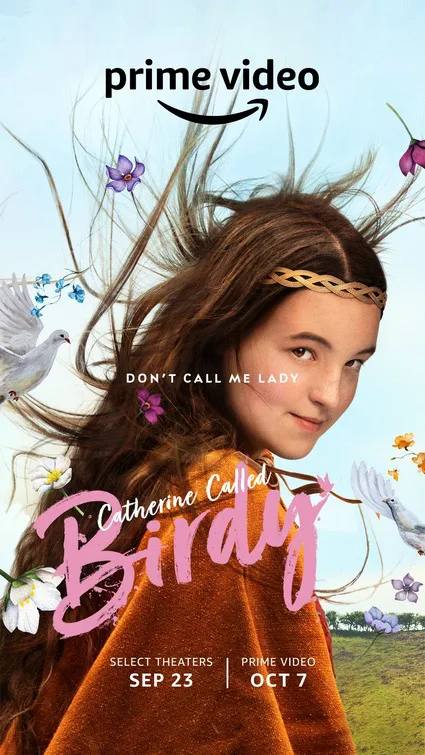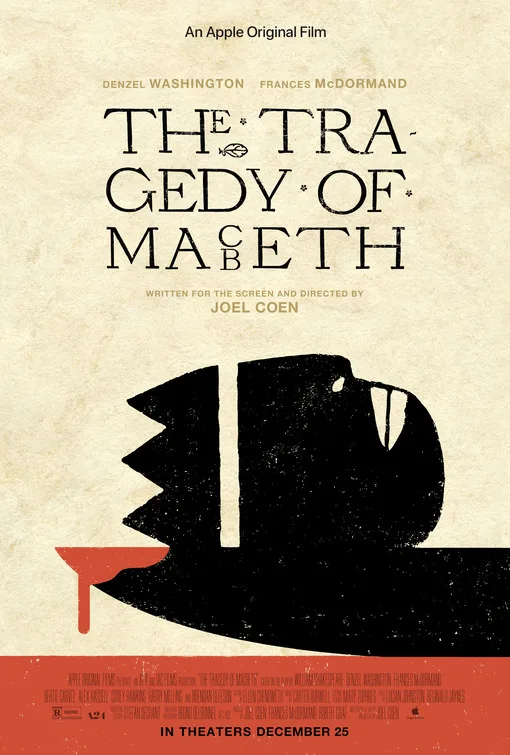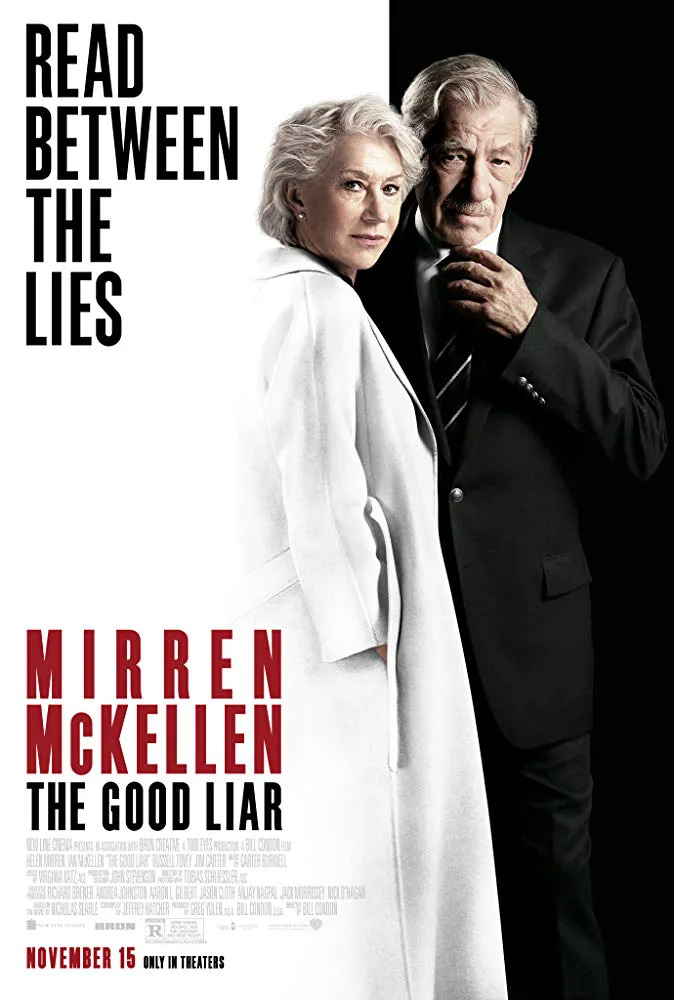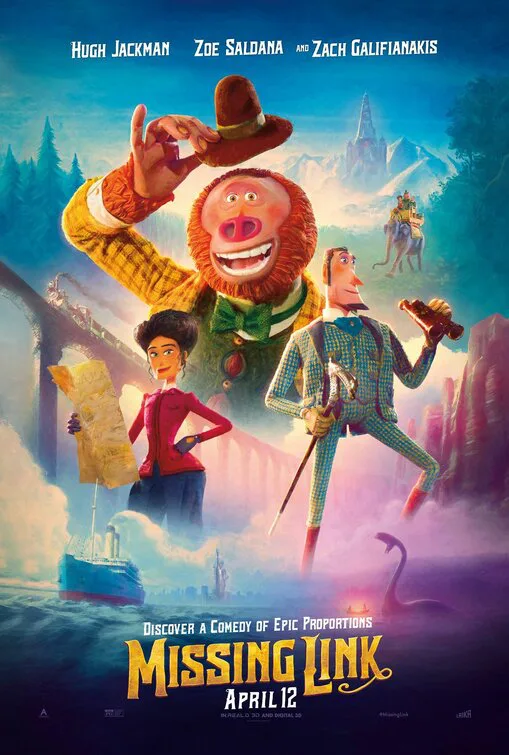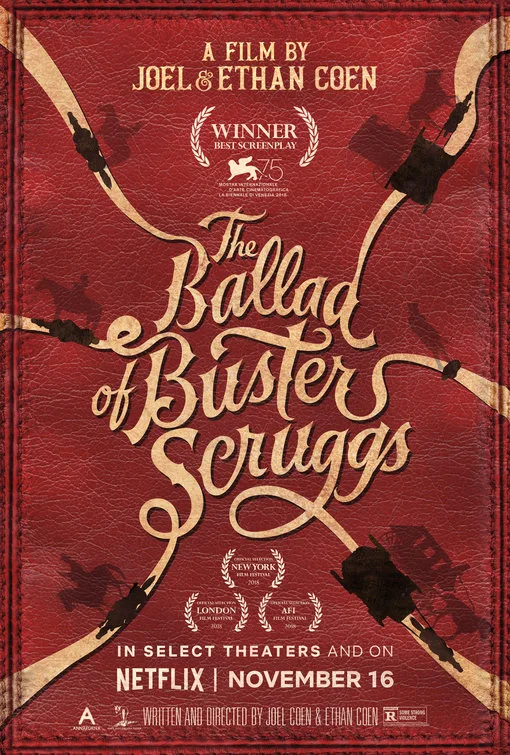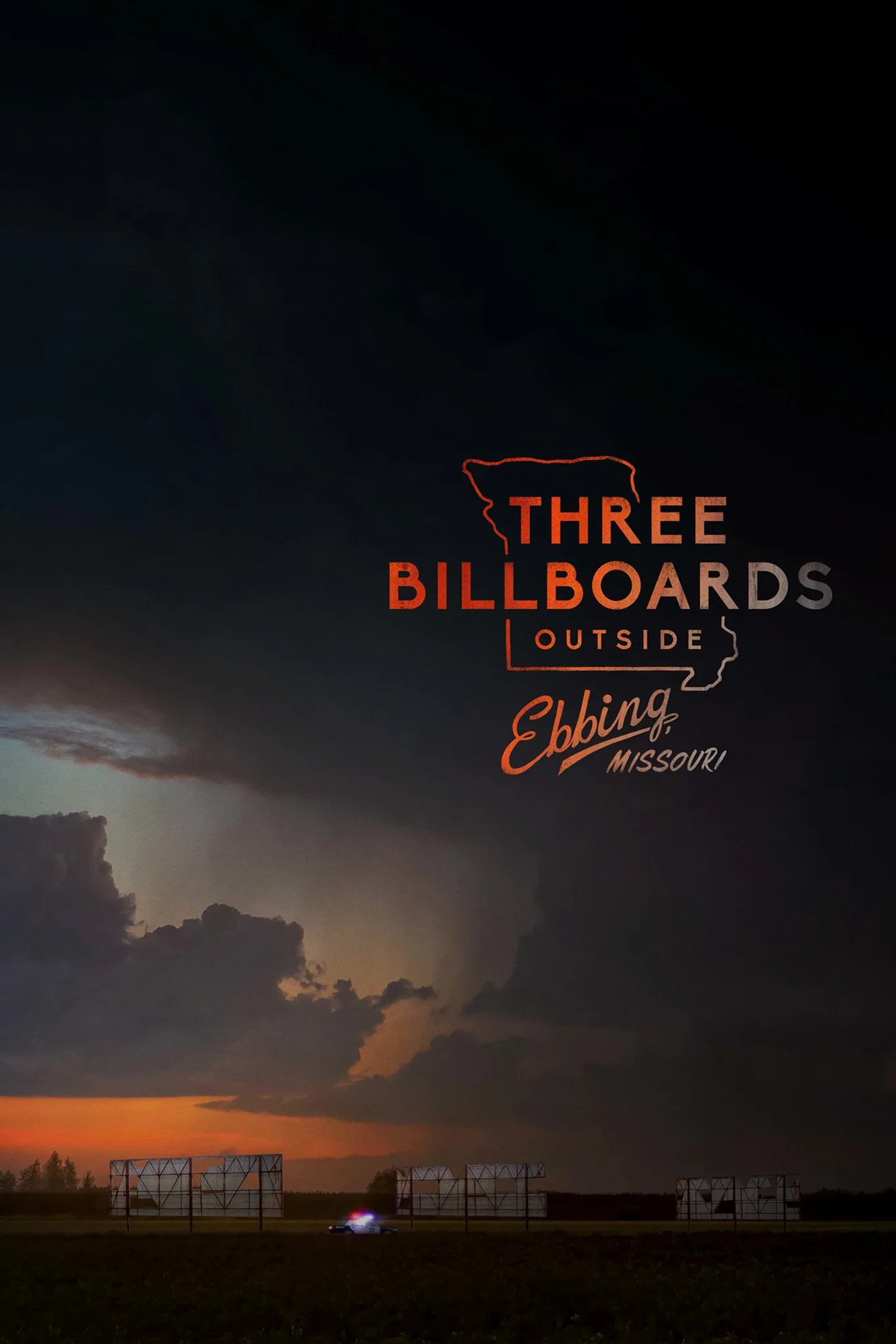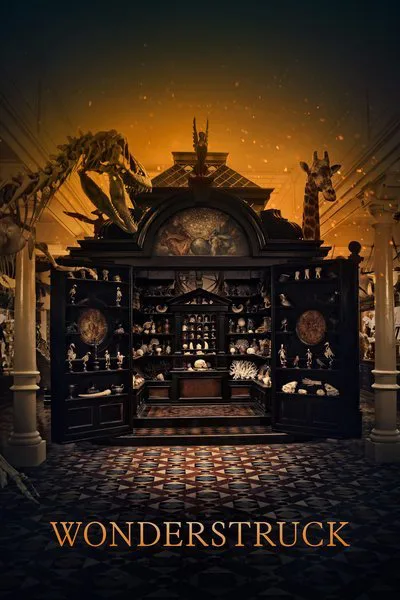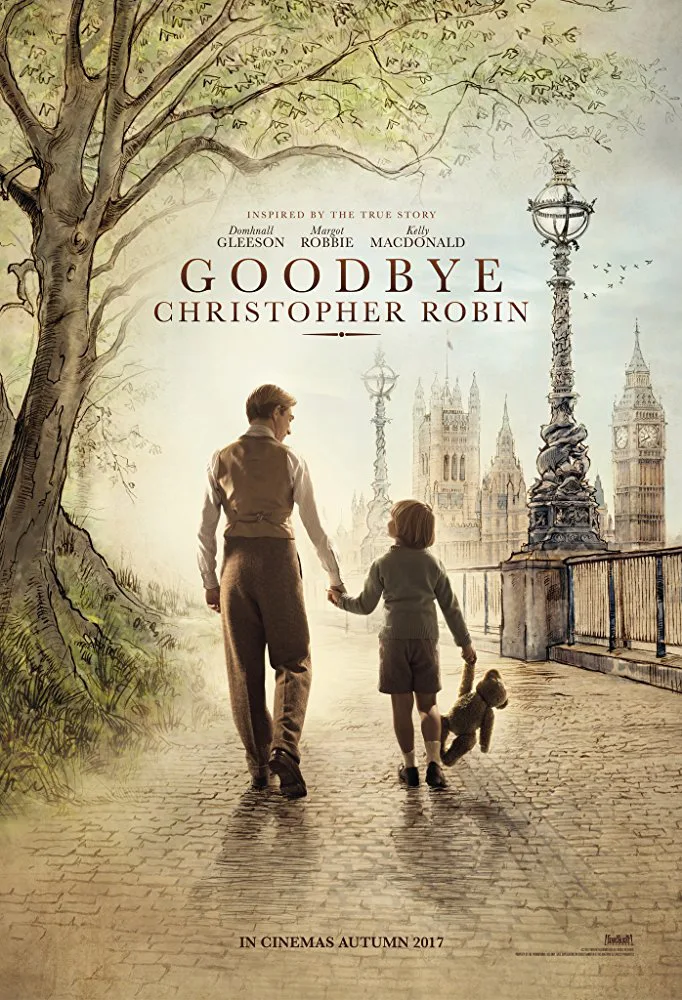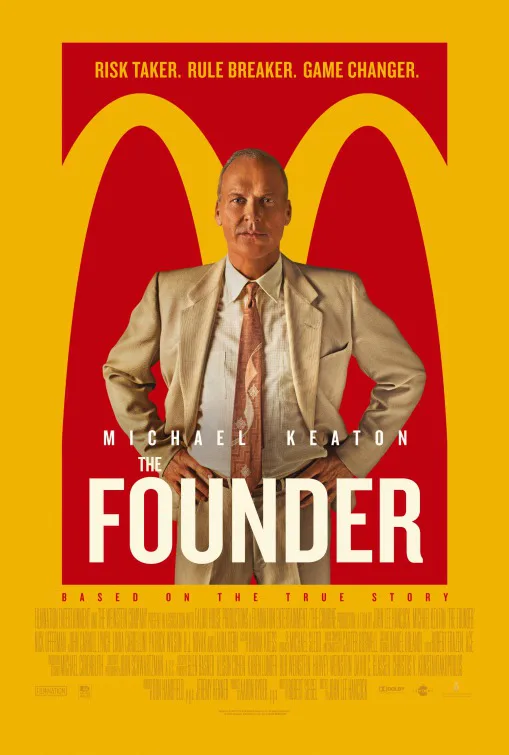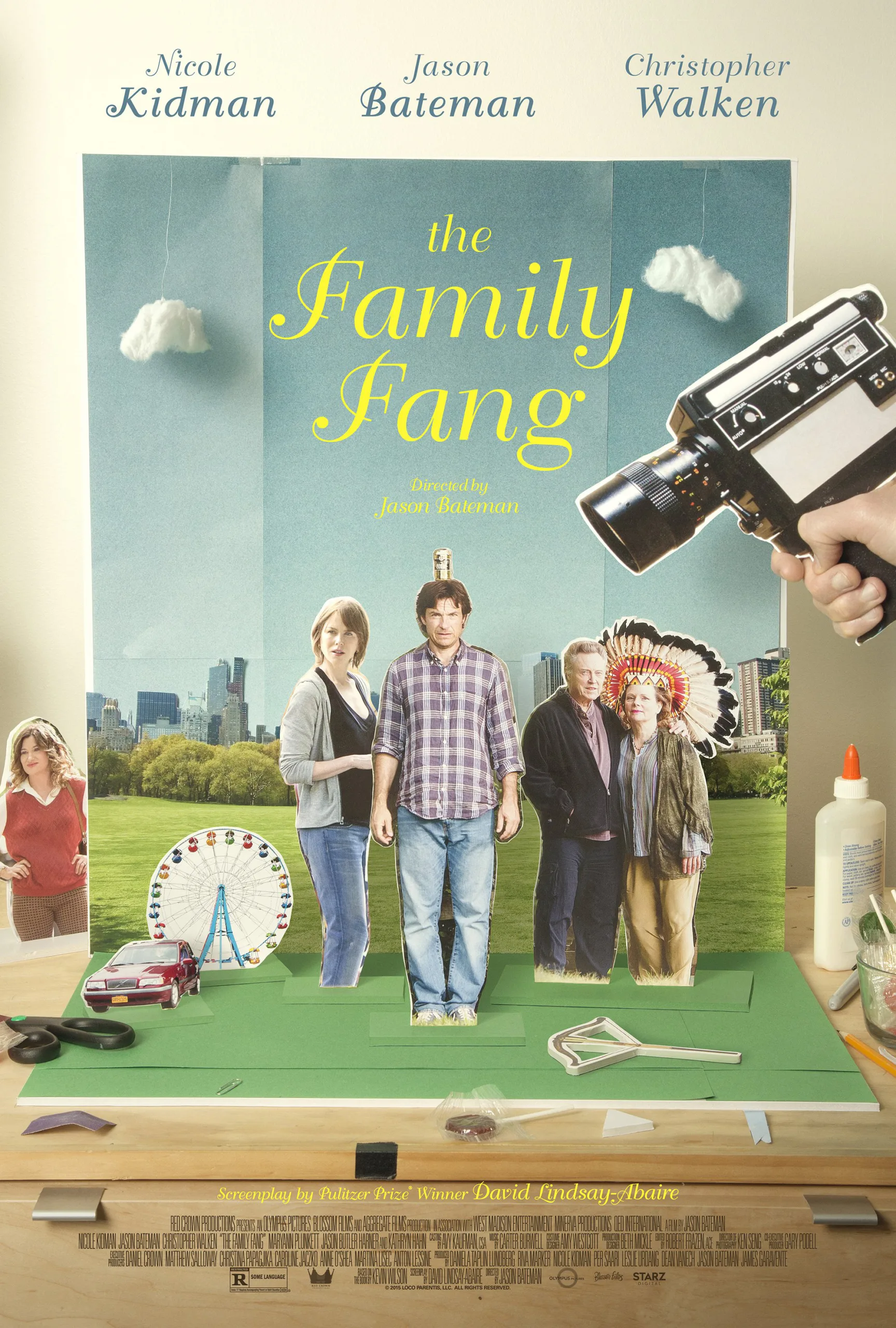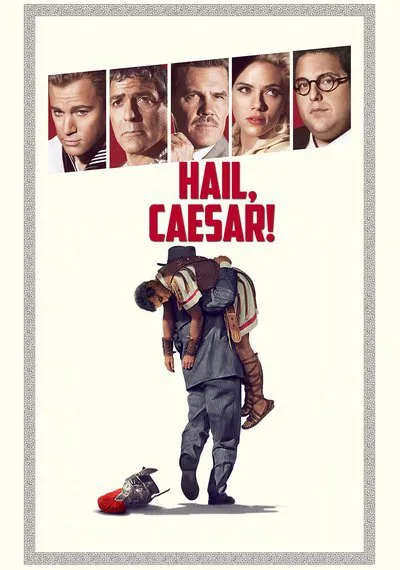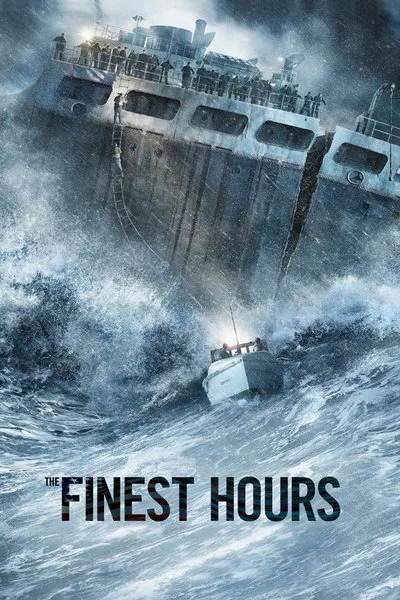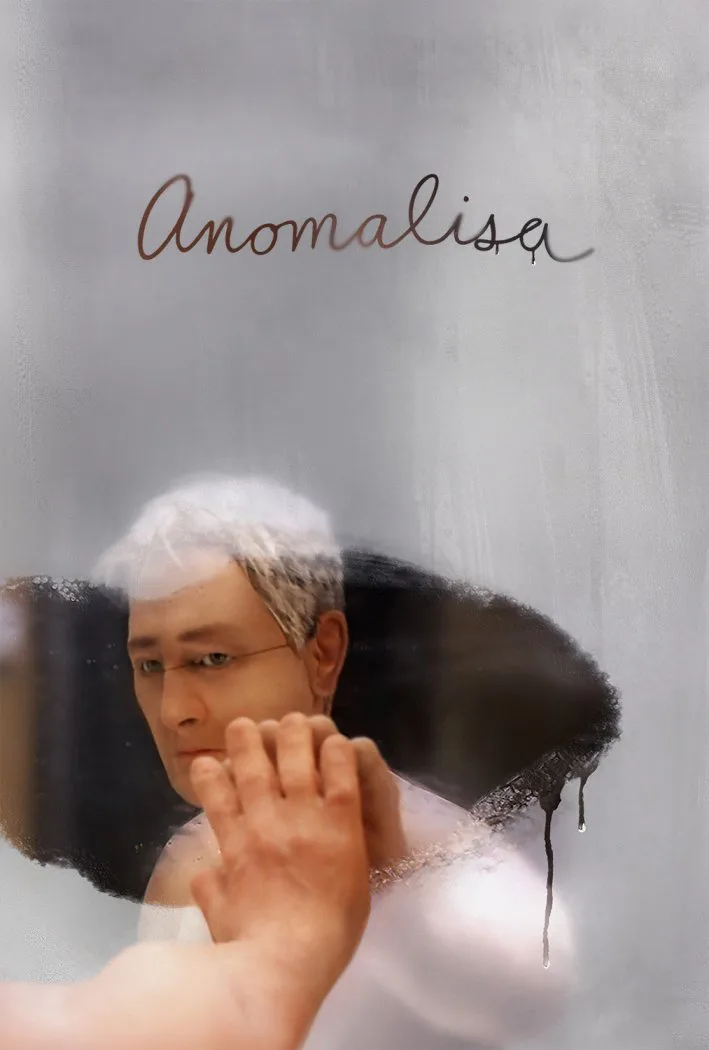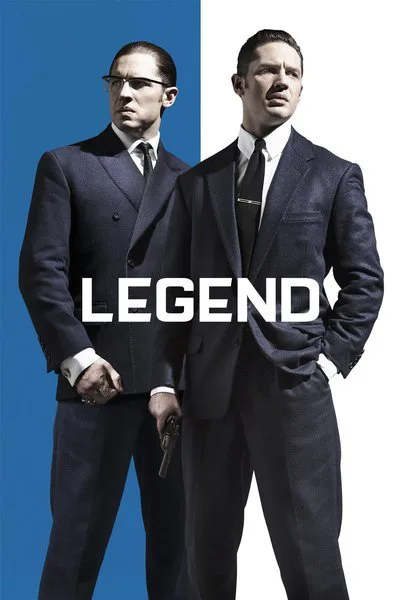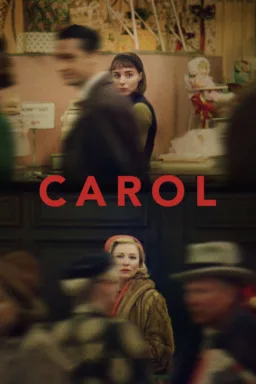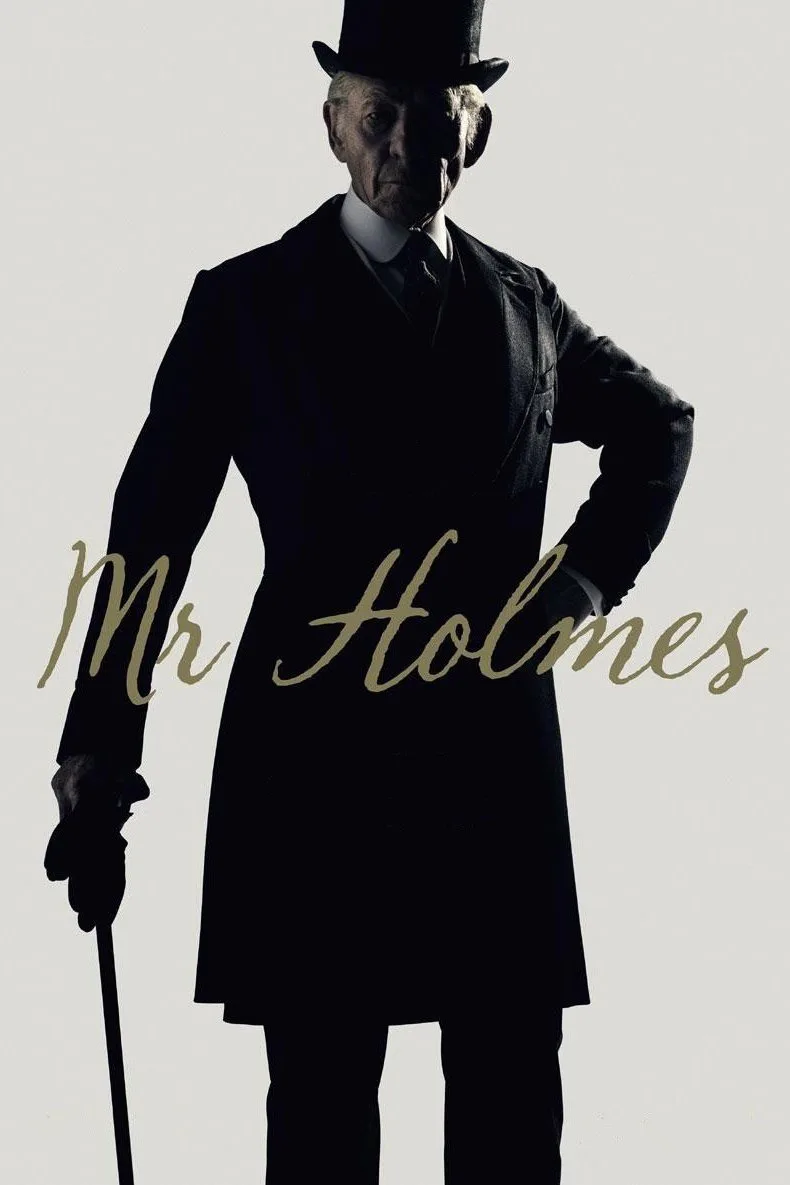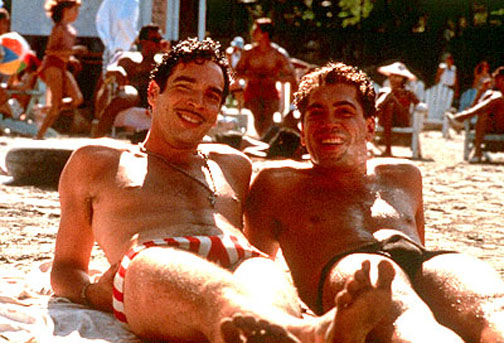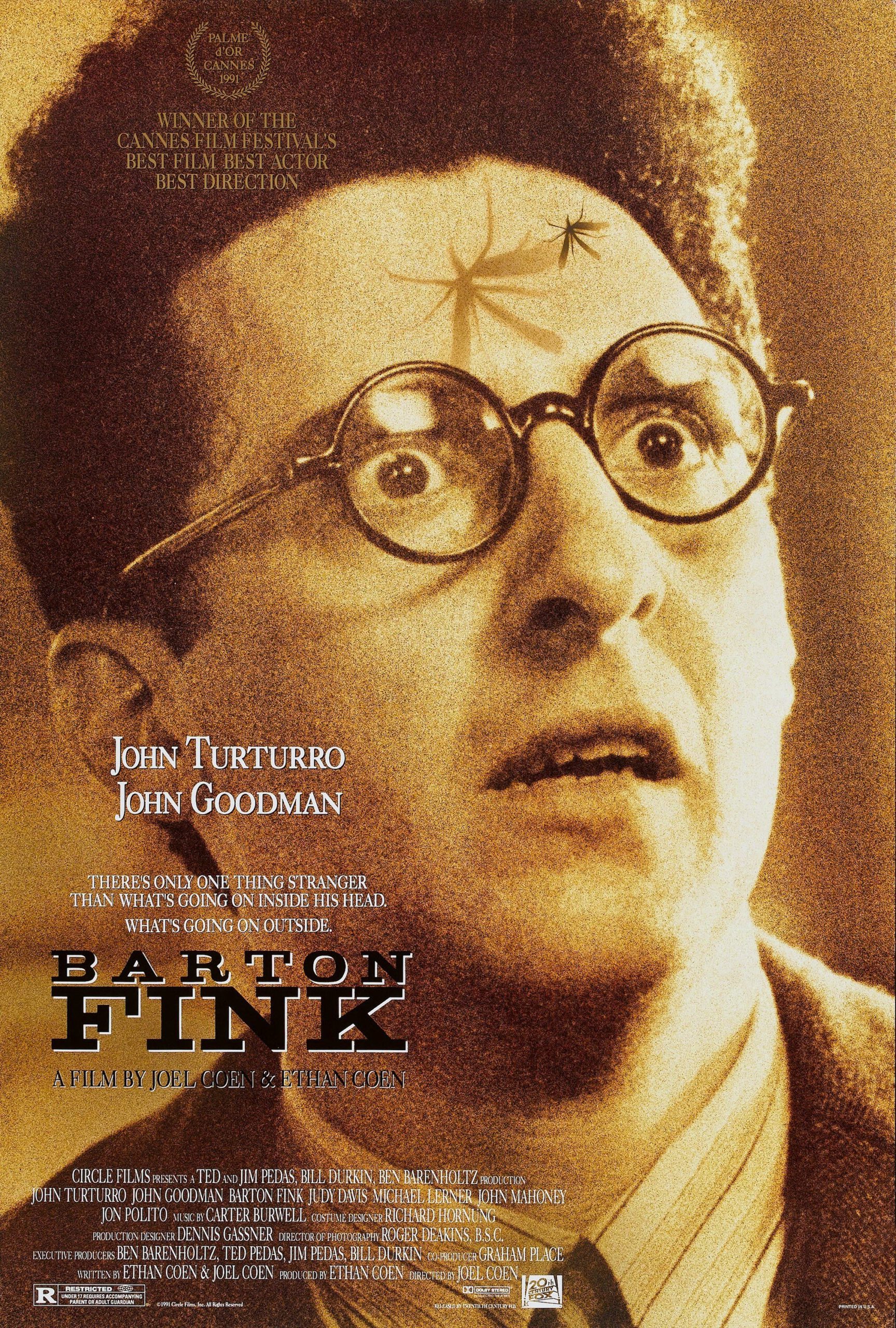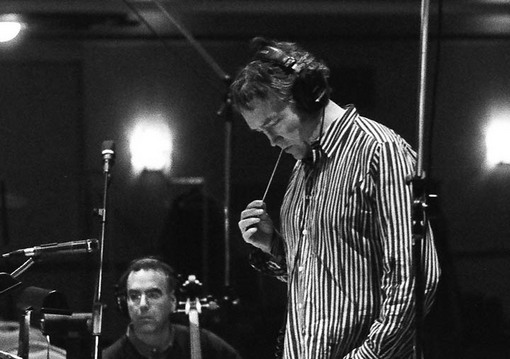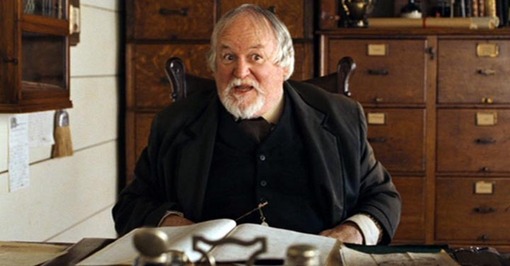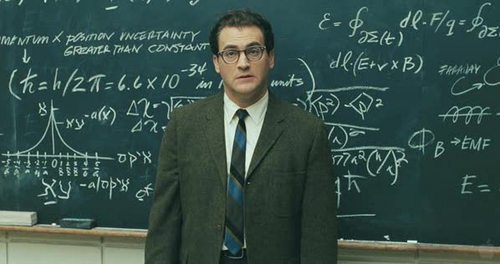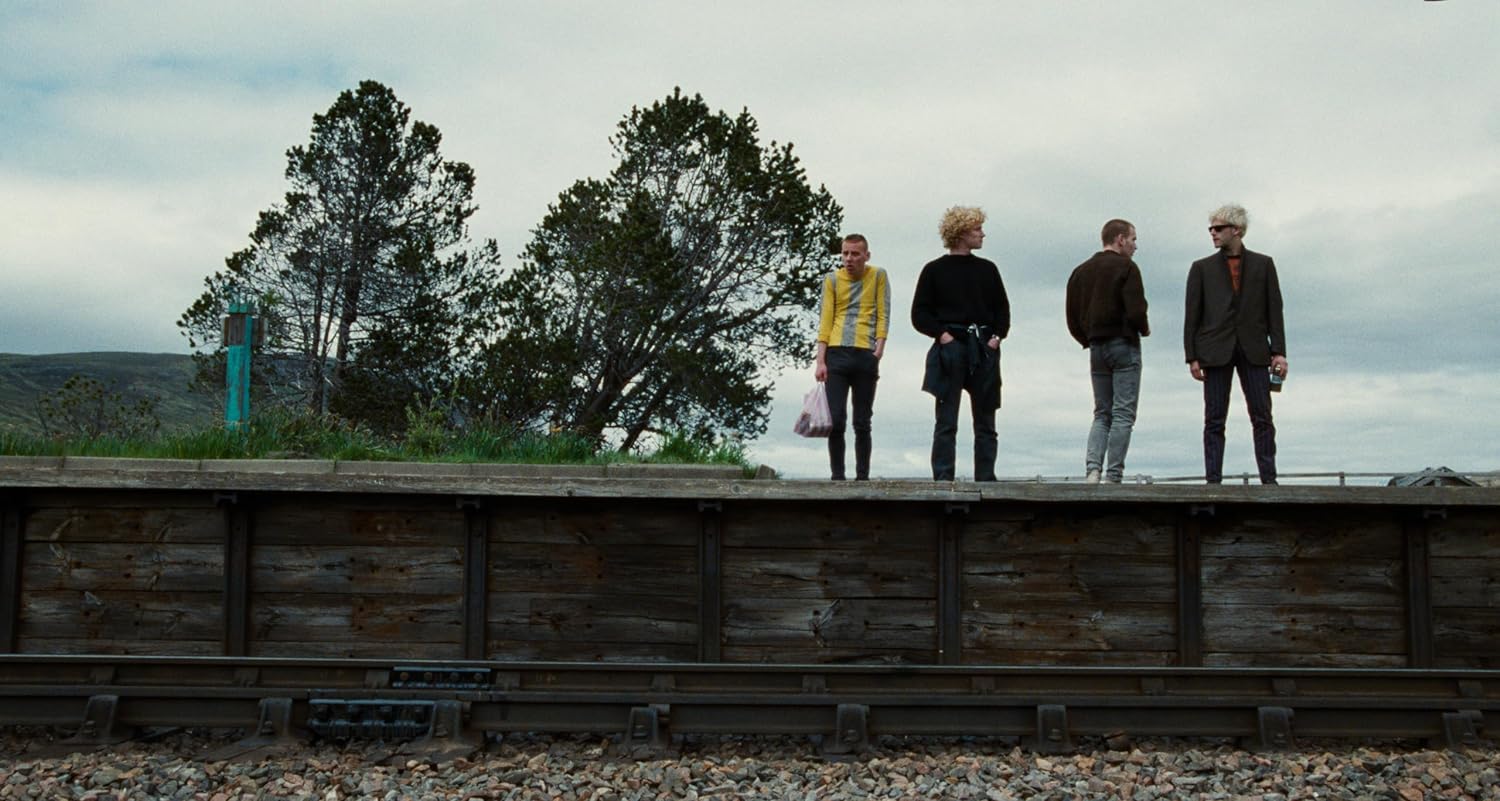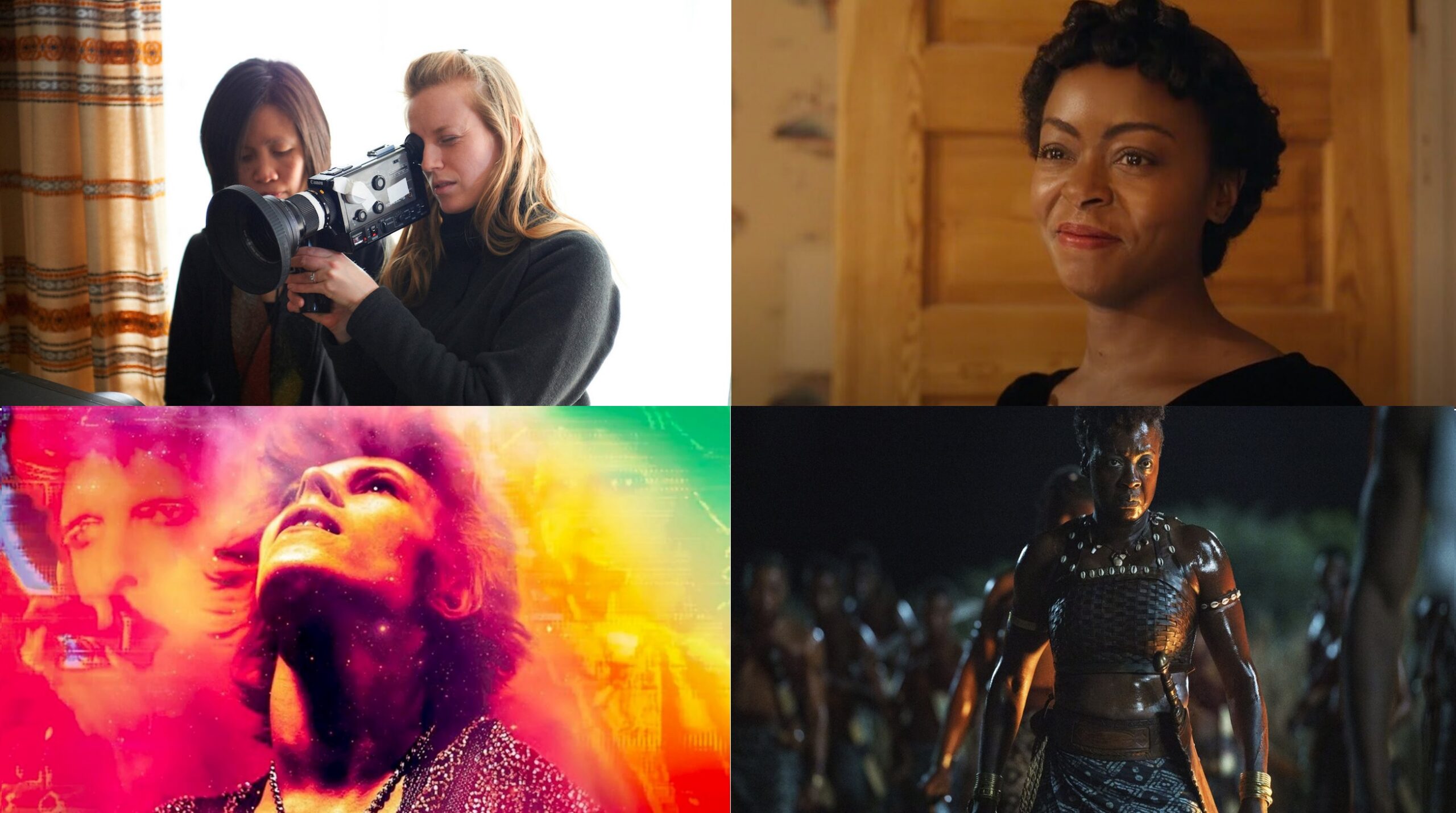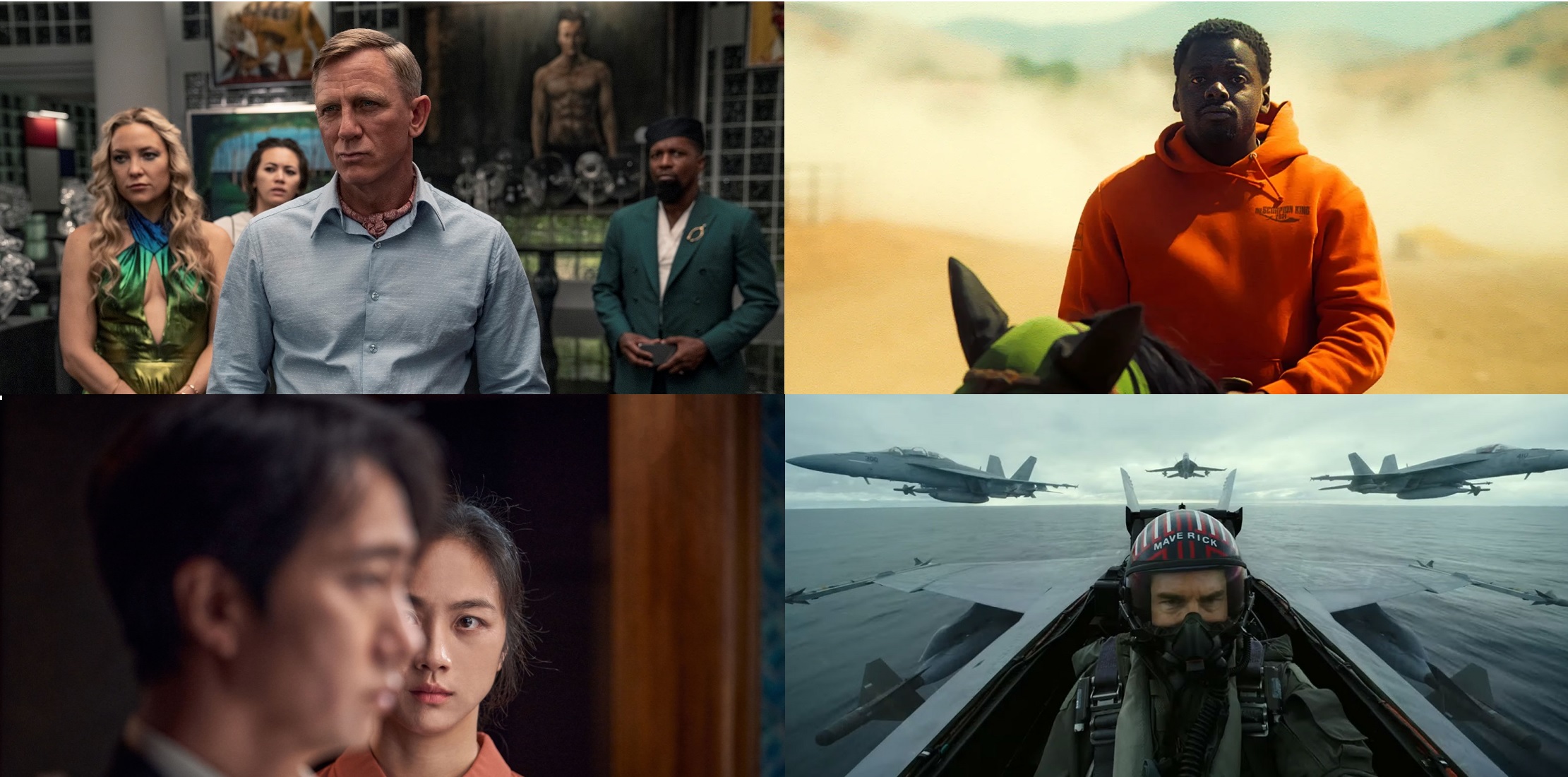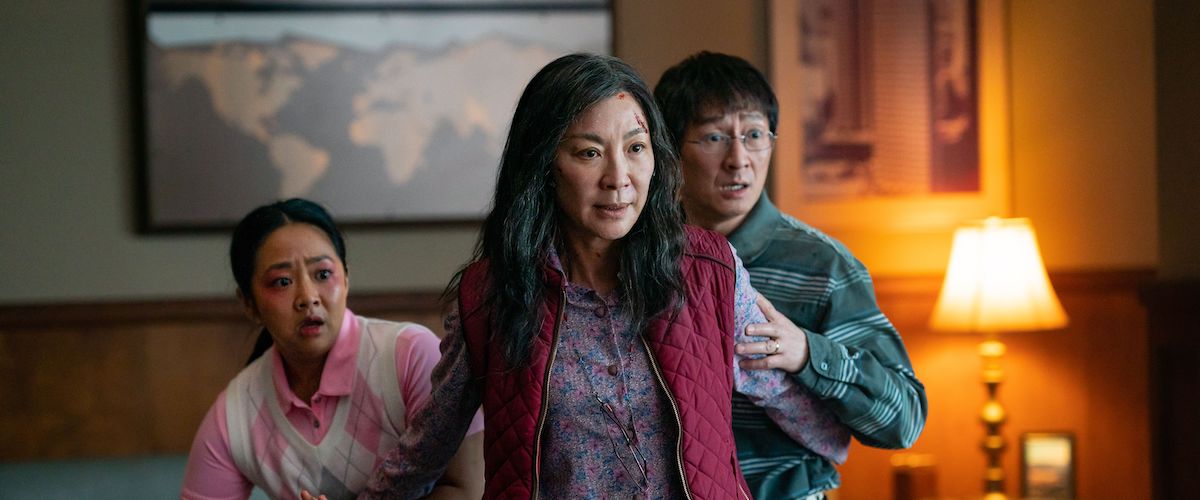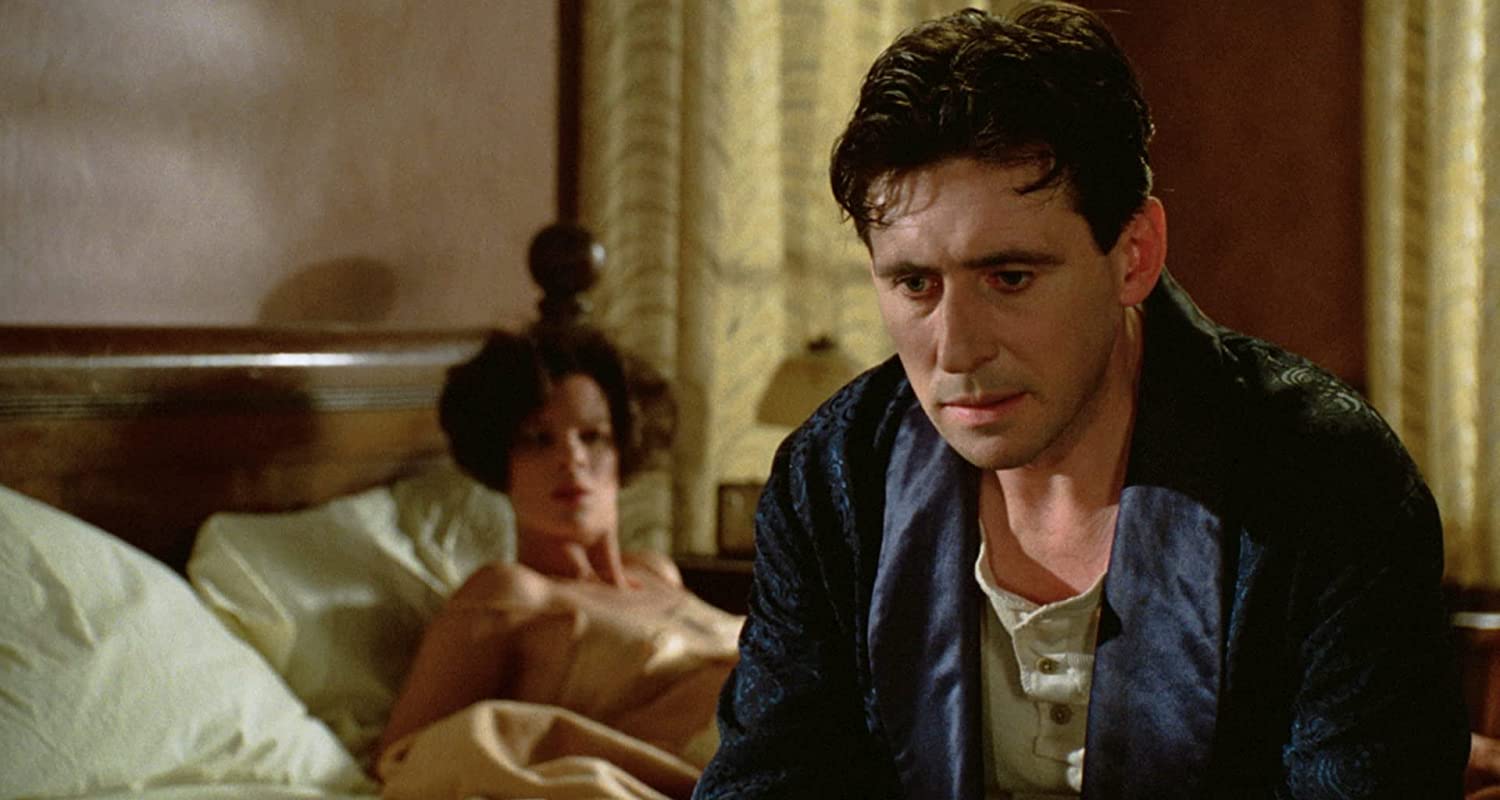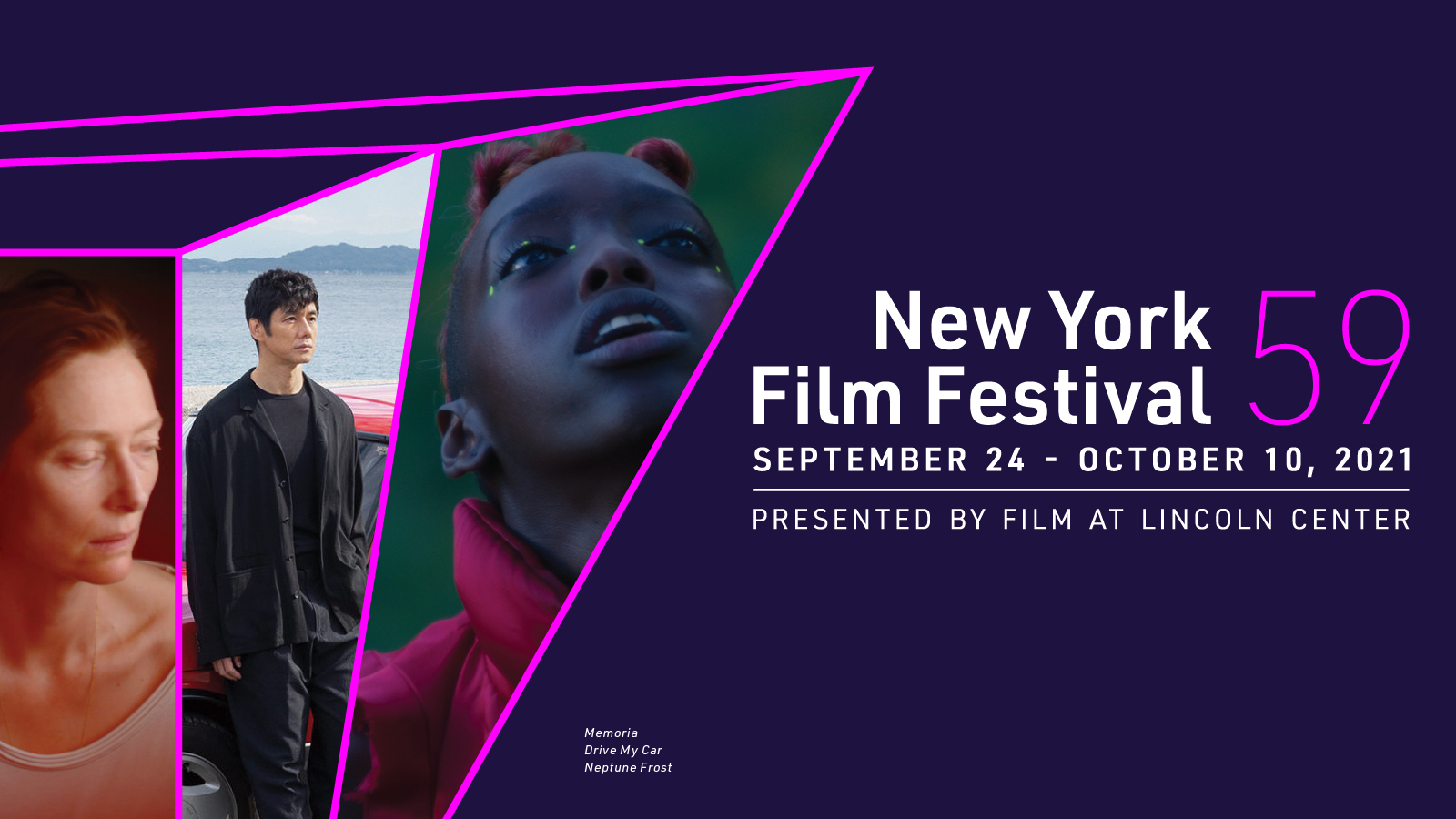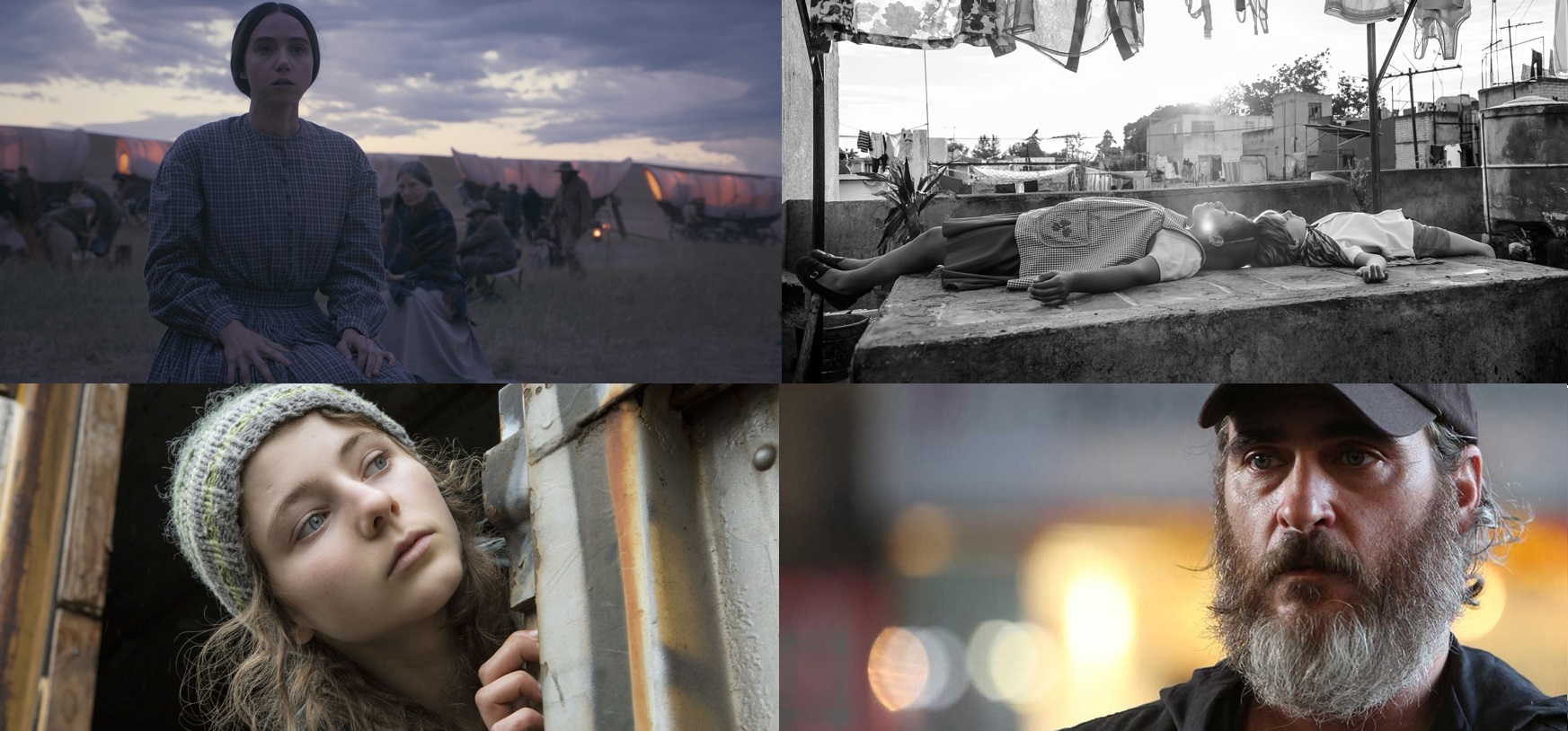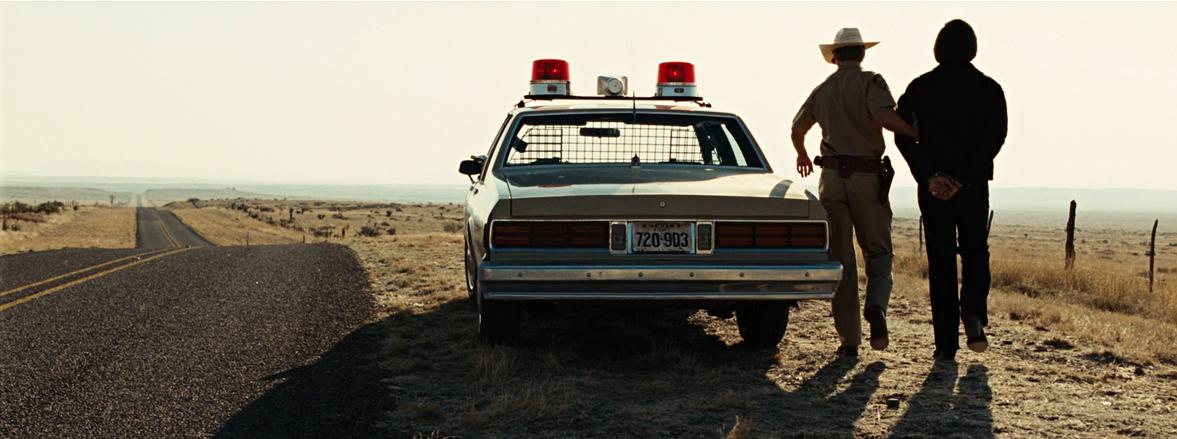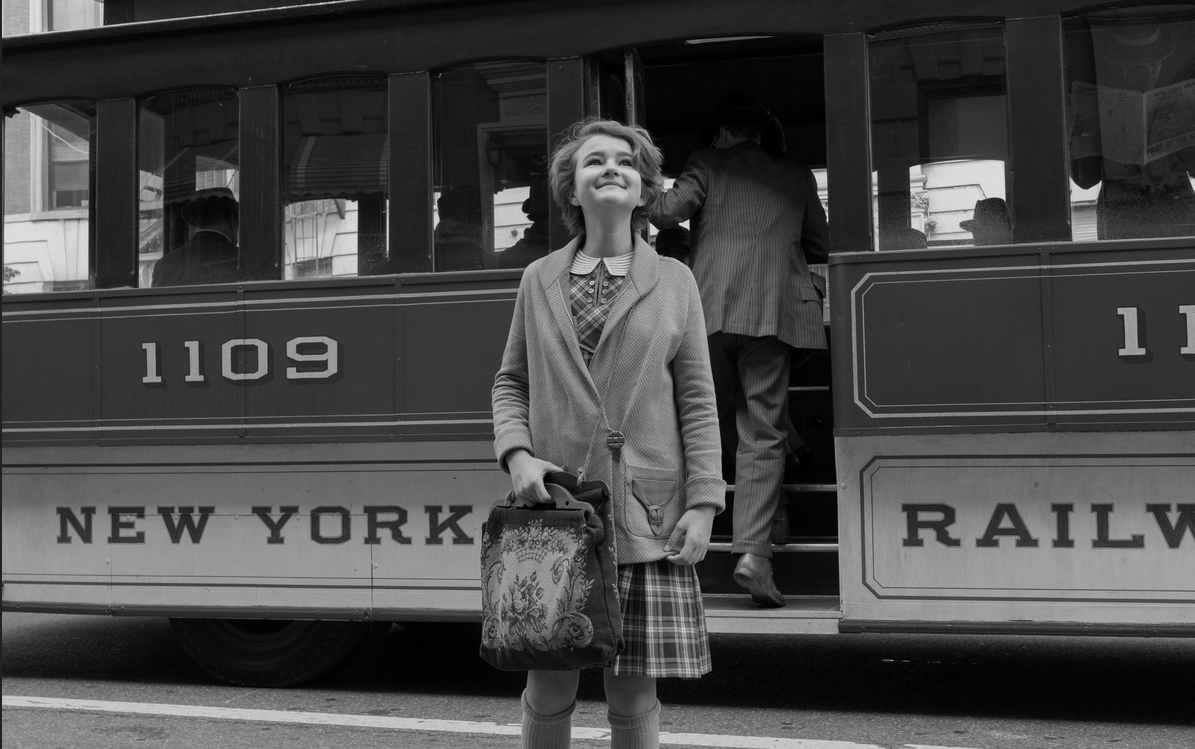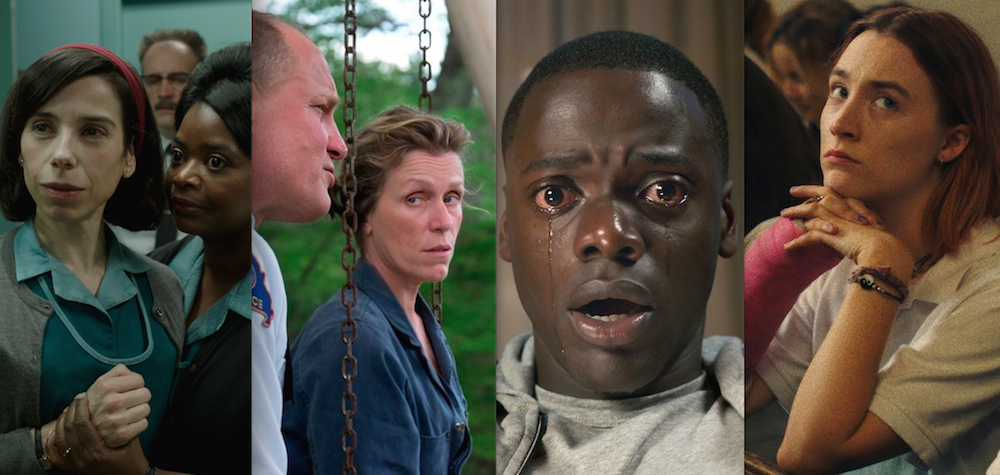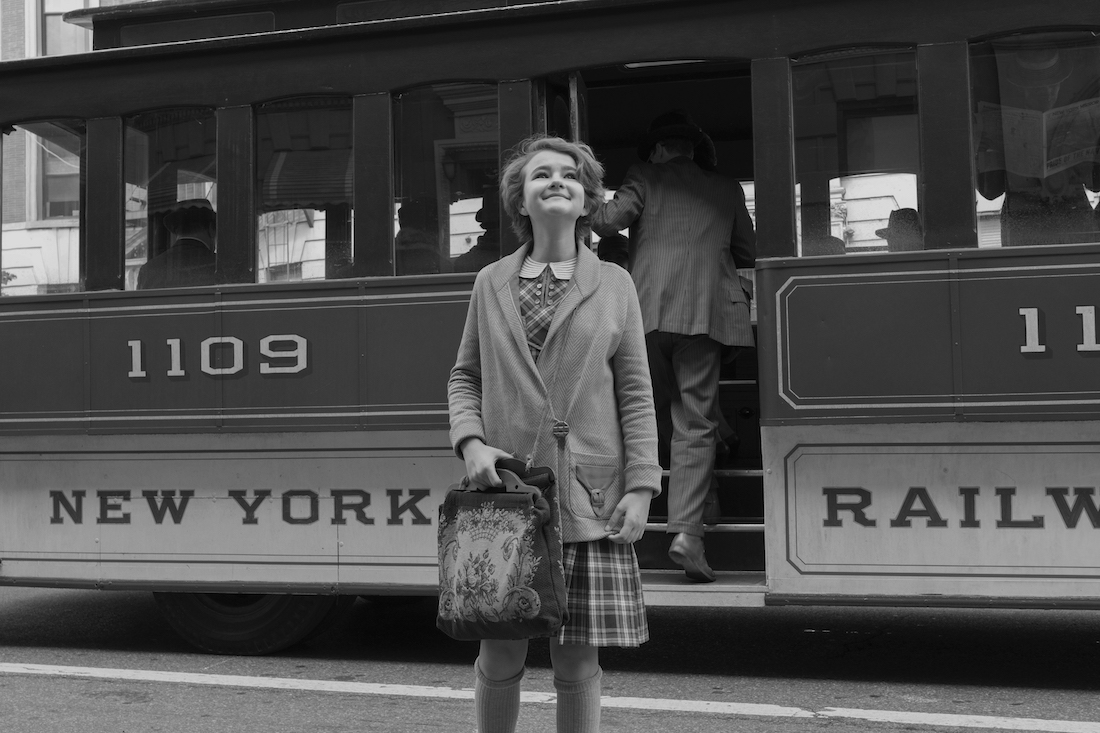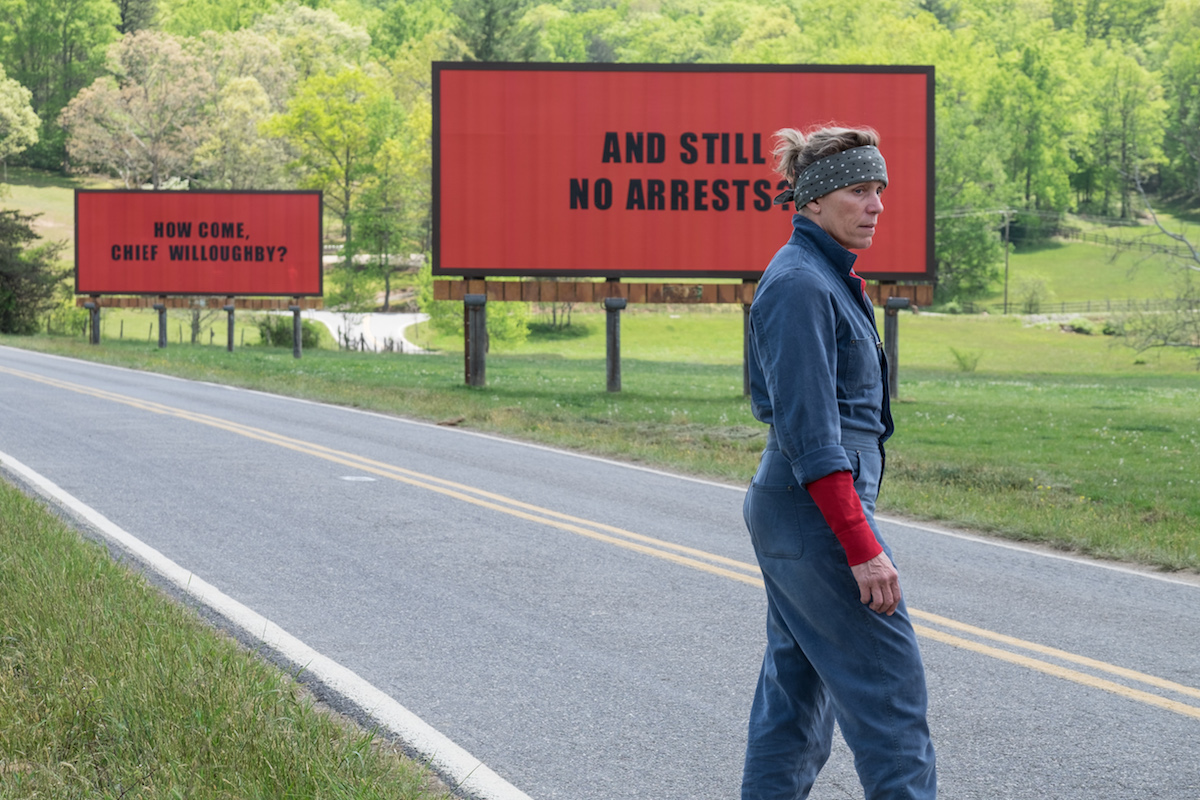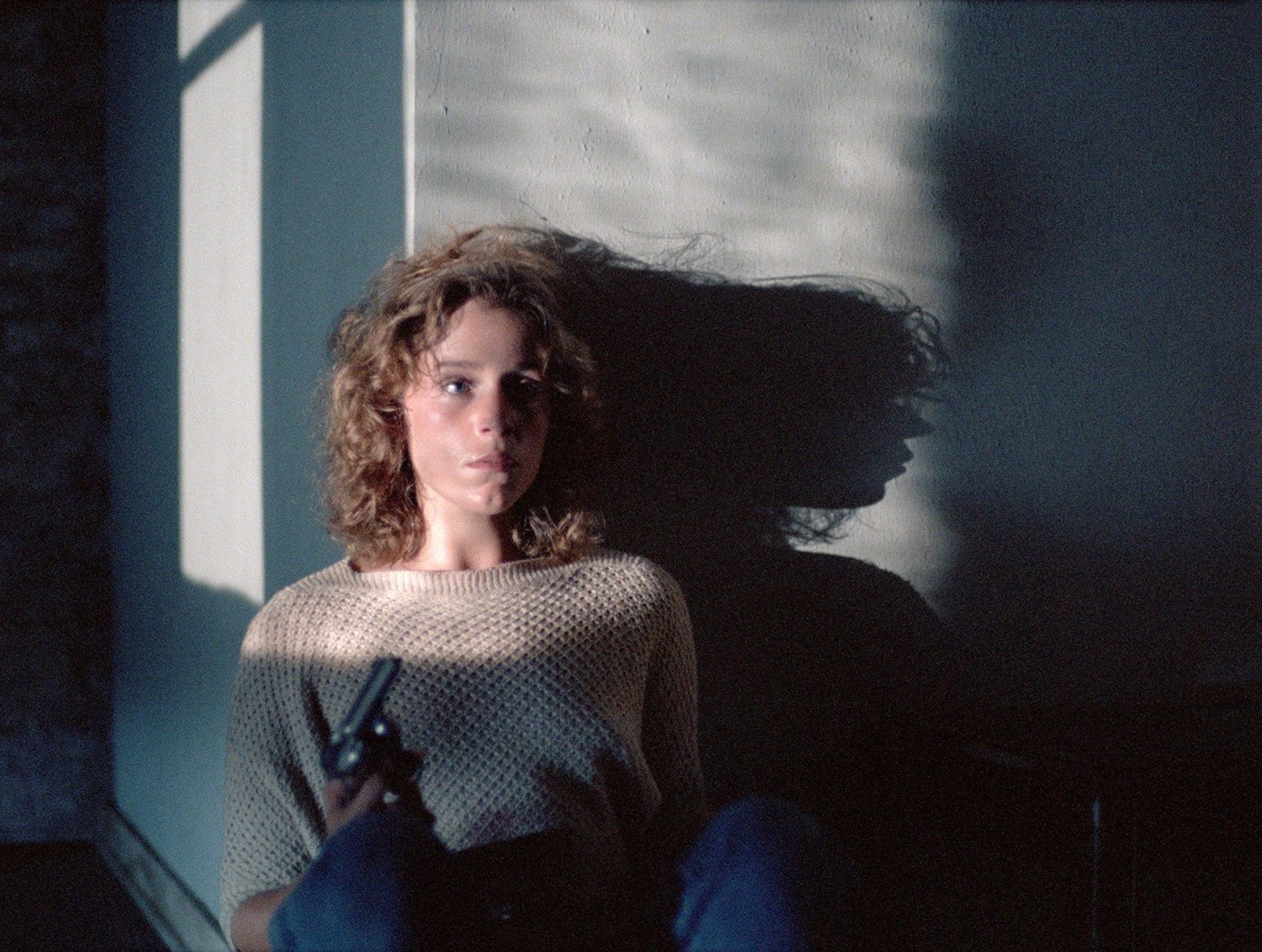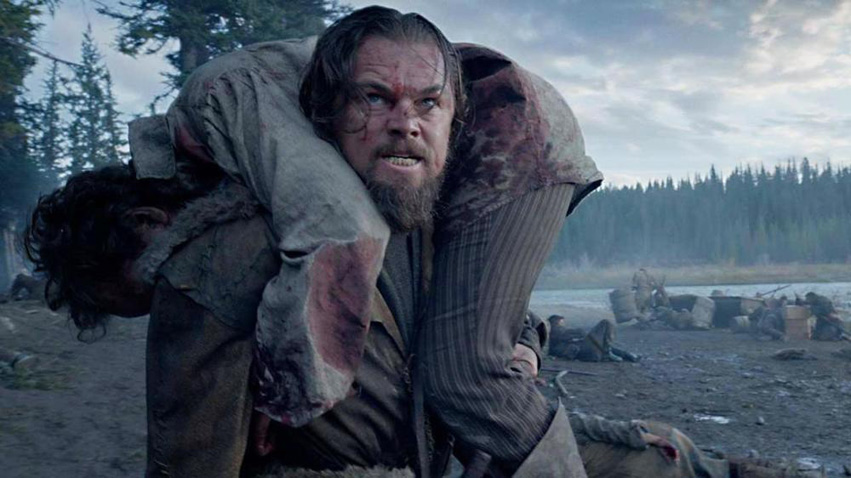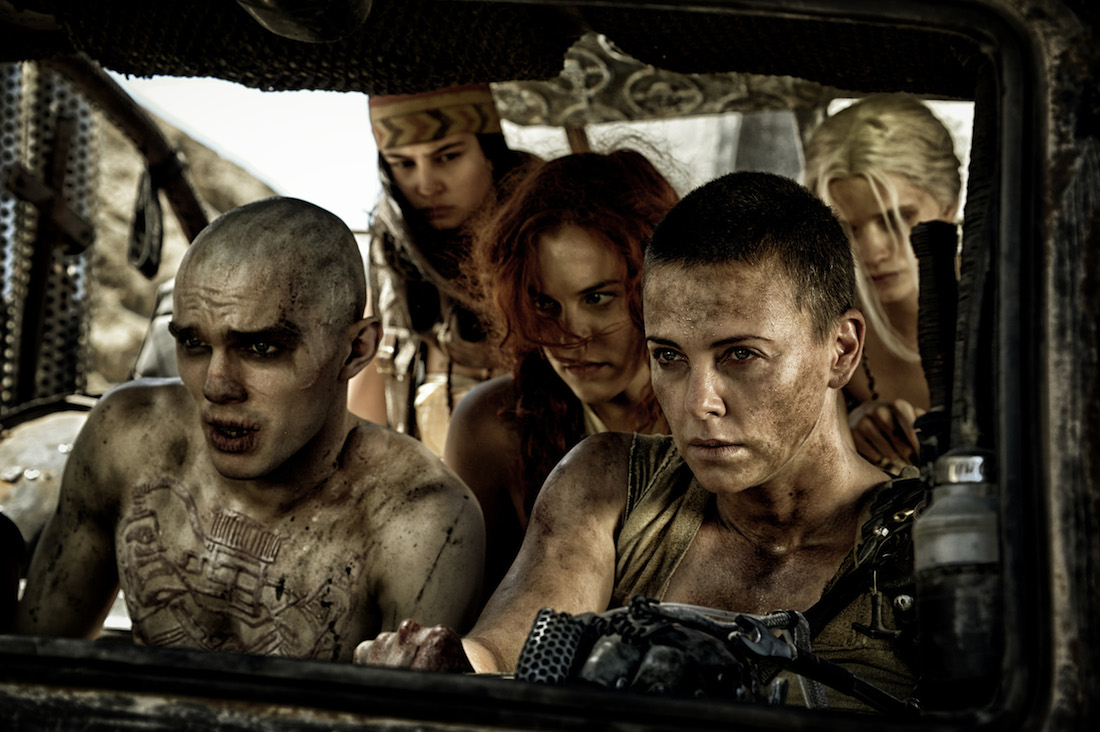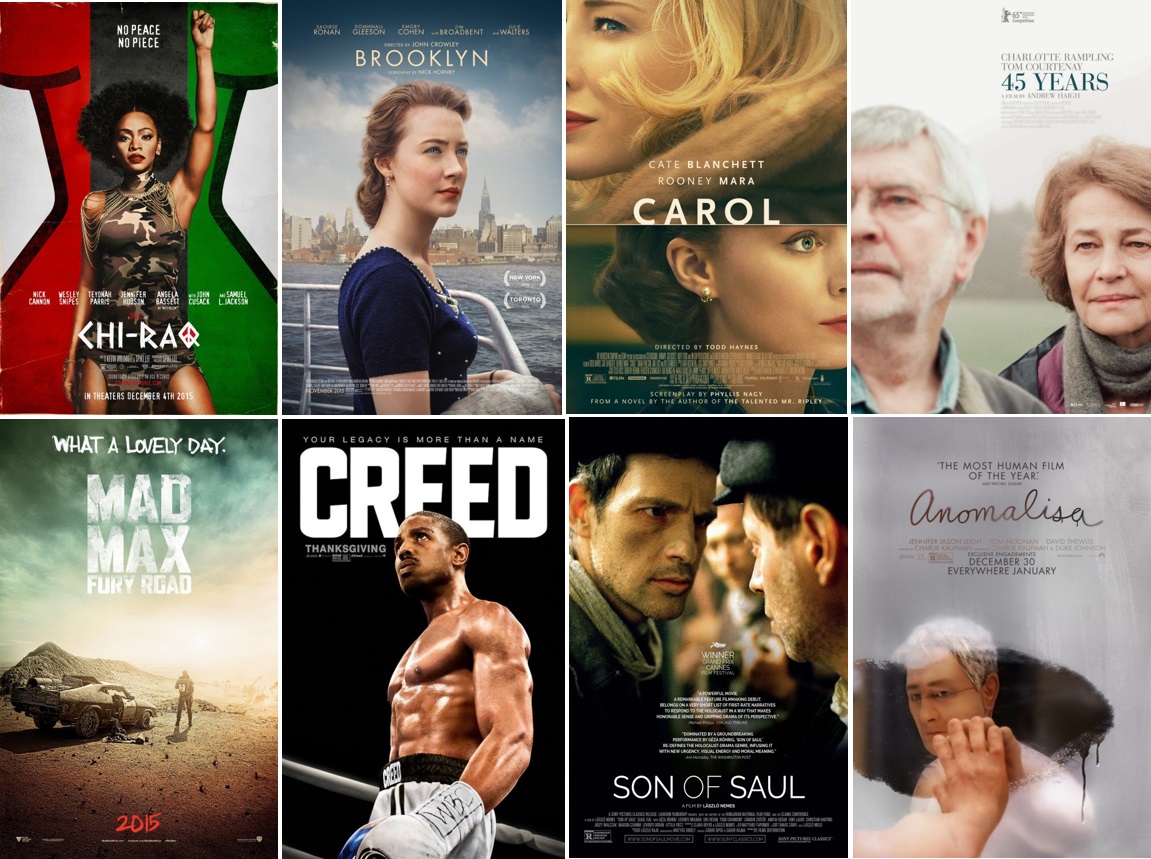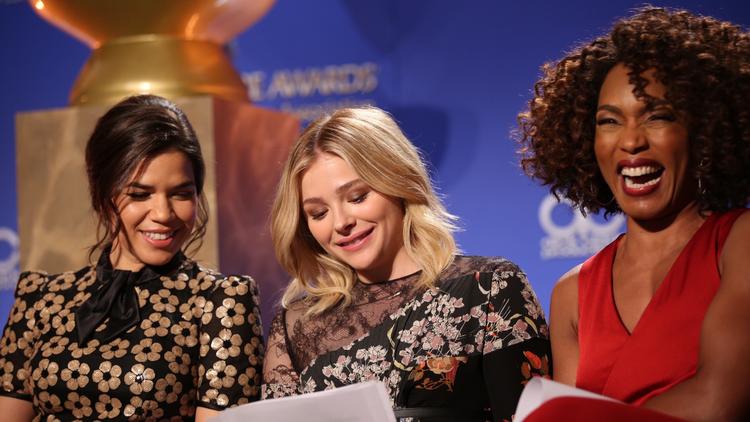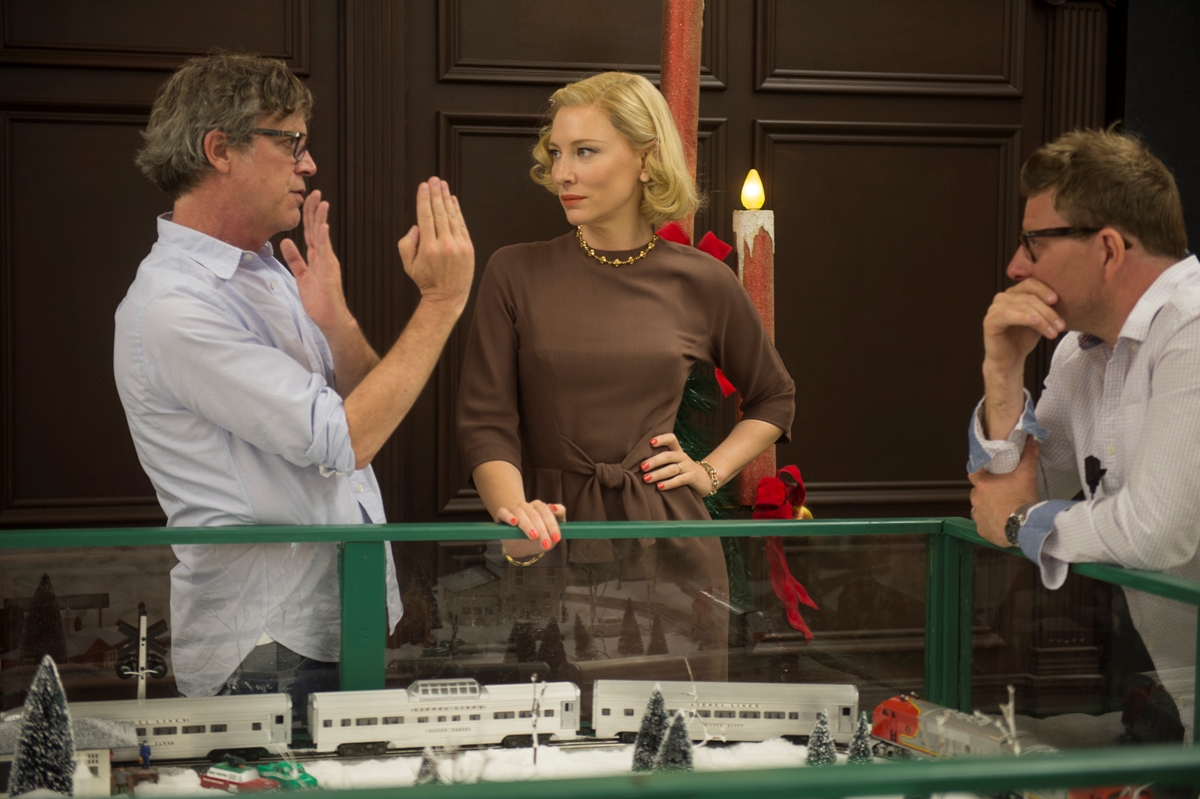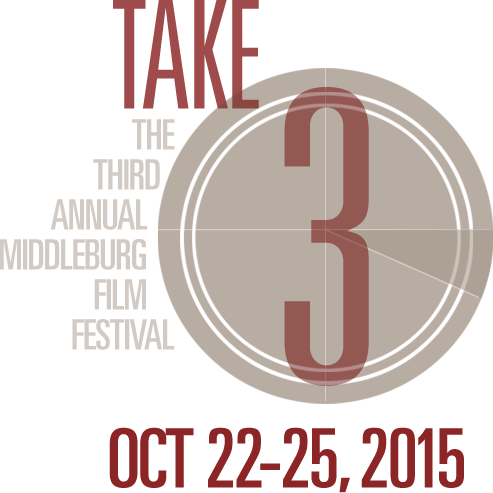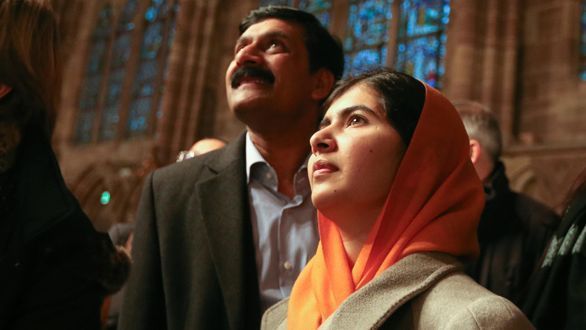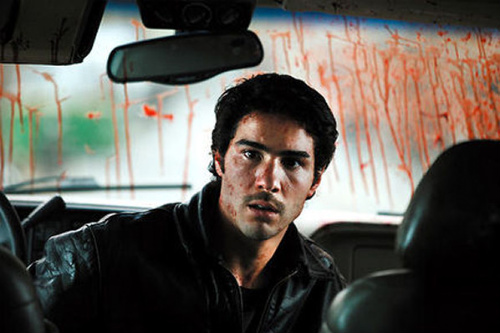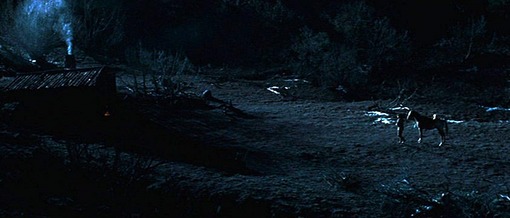Carter Burwell Movie Reviews
Blog Posts That Mention Carter Burwell
A couple interesting items about composer Carter Burwell
Jim Emerson
And the best Oscar nomination goes to…
Jim Emerson
Three minor notions: 1. The “True Grit” cantata
Jim Emerson
No Country For Old Men: Out in all that dark
Jim Emerson
TIFF 2007: The Coens = the essence of movies
Jim Emerson
“There is no god!!!”
Jim Emerson
TIFF 08: The Coens Who Came In From the Cold
Jim Emerson
A Serious Man and His Music
Jim Emerson
40 Movies We Can’t Wait to See in 2026
Brian Tallerico
Home Entertainment Guide: January 2024
Brian Tallerico
10 Major Snubs and Surprises from the 2023 Oscar Nominations
Daniel Joyaux
The Great Filmmaking Craft of 2022
The Editors
Everything Everywhere All at Once Leads Chicago Film Critics Nominations
Brian Tallerico
Home Entertainment Guide: February 2022
Brian Tallerico
NYFF 2021: The Tragedy of Macbeth, Festival Highlights
Godfrey Cheshire
Brian Tallerico’s Top Ten Films of 2018
Brian Tallerico
You Can’t Stop What’s Coming: On No Country for Old Men
Seongyong Cho
30 Minutes on: Wonderstruck
Matt Zoller Seitz
The Shape of Water Tops 2018 Oscar Nominees
Susan Wloszczyna
A Distinctive Pattern: The Legendary Costume Designer Sandy Powell on “Wonderstruck”
Tomris Laffly
Venice Film Festival 2017: “Three Billboards Outside Ebbing, Missouri,” “My Generation”
Glenn Kenny
Comic-Con 2017: Interview with Brian Selznick about “Wonderstruck”
Nell Minow
Home Entertainment Consumer Guide: September 22, 2016
Brian Tallerico
Complete List of 88th Academy Award Nominees
The Editors
CFCA Celebrates “Mad Max: Fury Road” with Five Awards, “Room” with Two
Nick Allen
The Ten Best Films of 2015
The Editors
“Mad Max: Fury Road,” “Carol” Lead 2015 CFCA Nominations
Brian Tallerico
“Carol,” “Trainwreck,” “Mr. Robot” Among 2016 Golden Globe Nominees
Matt Fagerholm
The Act of Looking: Todd Haynes on Carol
Nick Allen
A Recap of the 2015 Middleburg Film Festival
Susan Wloszczyna
Telluride 2015: “He Named Me Malala,” “Carol,” “Only the Dead See the End of War,” “Anomalisa”
Nick Allen
Favorite movies of 2009 movie: The commentary track
Jim Emerson
Top secret leakage from my 2010 Muriels ballot!
Jim Emerson
Scanners’ 2007 Exploding Head Awards (Part 1)
Jim Emerson
Scanners’ Exploding Head Awards 2010
Jim Emerson
The really important Oscars
Jim Emerson
Popular Reviews

The best movie reviews, in your inbox
